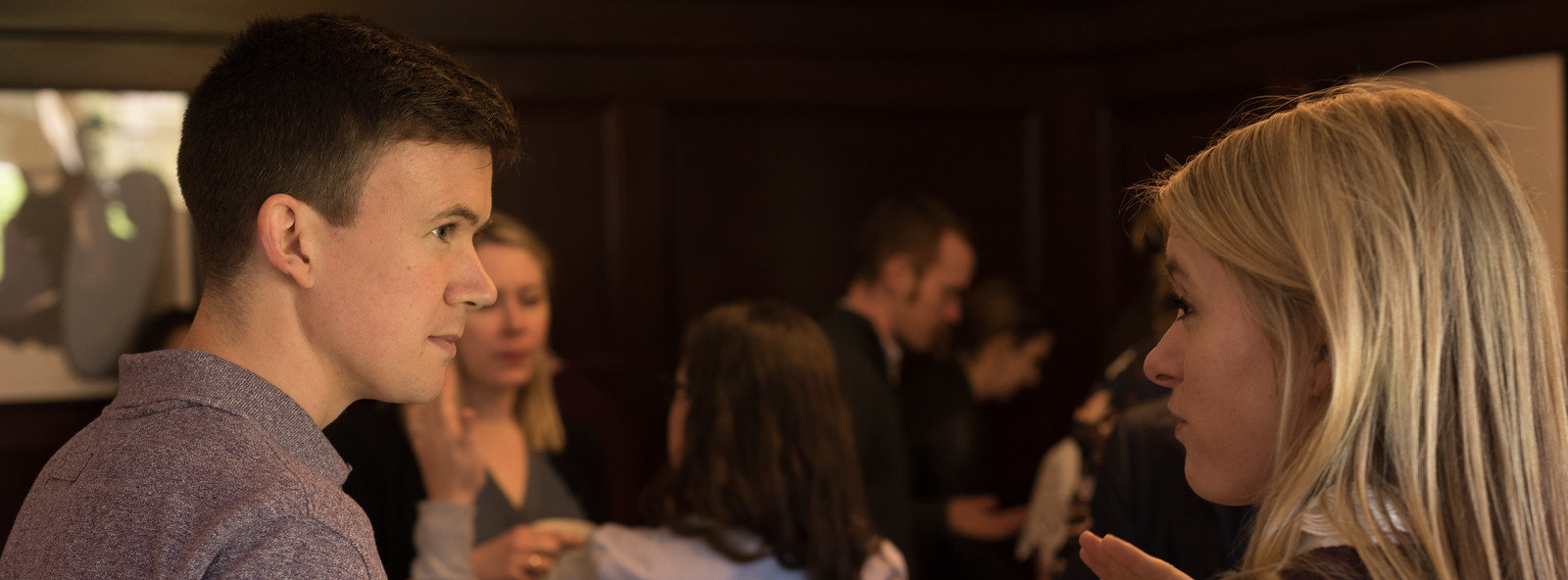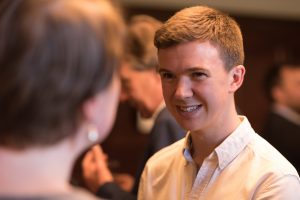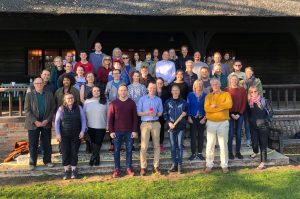School Report
Daniel Jones reflects on his experiences at 2019’s second CanTest International School
In April, I attended the Second CanTest International School for Cancer Detection Research in Primary Care at Jesus College, Cambridge. The CanTest vision is to transform the primary care physician’s office into a hub of diagnostic excellence for patients who may have undiagnosed cancer, with the School aiming to increase research capacity within this area.
Day one started with an introduction to the School and a talk on The CanTest Framework – a theoretical model explaining the steps involved in implementing a new diagnostic test into clinical use. It also considers other factors, including the reasons for the development of the test, the population setting, the intervention/test type, comparator tests and other outcomes.
The rest of the day consisted of quick-fire three-minute talks from all the CanTest researchers present – around 40 in all. The talks showed the incredible breadth and depth of work being undertaking within CanTest – from looking at new uses for old tests such as chest x-rays for lung cancer and blood tests for C-Reactive Protein (CRP), to the use of artificial intelligence and new research databases – with the single aim of improving cancer diagnosis. This excellent overview enabled discussions on collaboration and networking to start immediately. As soon as my talk finished, a professor from Utrecht suggested the possibility of working together on his frail and elderly patient database.
On the second day, we enjoyed some fascinating, thought-provoking talks from external speakers including two developers of artificial intelligence aimed at improving medical diagnosis. Jason Maude struck me the most. He founded Isabel Healthcare after his daughter contracted necrotising fasciitis, missed by both her GP and hospital doctors. Isabel helps GPs consider diagnoses by presenting a list of differential diagnoses using symptoms entered by the GP. The interface looked very straightforward and showed the potential of machine learning.
We had excellent talks on day three on the more practical elements of undertaking diagnostic cancer research in primary care. We learnt how to use routinely collected data in research, ‘big data’ in GP databases, plus patient-centred research and the challenges of conducting diagnostic studies in the GP’s office. These practical but extremely informative talks continued into Thursday morning, when Beth Shinkins led a session on assessing cost effectiveness, publishing research and engaging with patients and the public.
The afternoon showcased some of CanTest’s most advanced research to date, including a new test (FIT) for early colorectal cancer diagnosis, and some excellent work looking at the role of comorbidity in cancer diagnosis. A lively debate followed on the dangers and harms of over-diagnosis.
Beyond the educational talks, much of the CanTest International School’s focus is on forming new collaborations and working relationships to improve the diagnosis of cancer in primary care. We played rounders (see above centre), went for group dinners, explored Cambridge and even went running together, making new friendships and meeting potential collaborators.
A special highlight was a talk from Professor Sir David Spiegelhalter (above right). He discussed the public perception of risk and the dangers of being quoted out of context, after a joke he made about sex and Game of Thrones was splashed across the global media.
It was a brilliant week, in a special location with some excellent researchers. I felt very lucky to be involved and hope that the friends and potential collaborators I met will continue to work with me in years to come.






